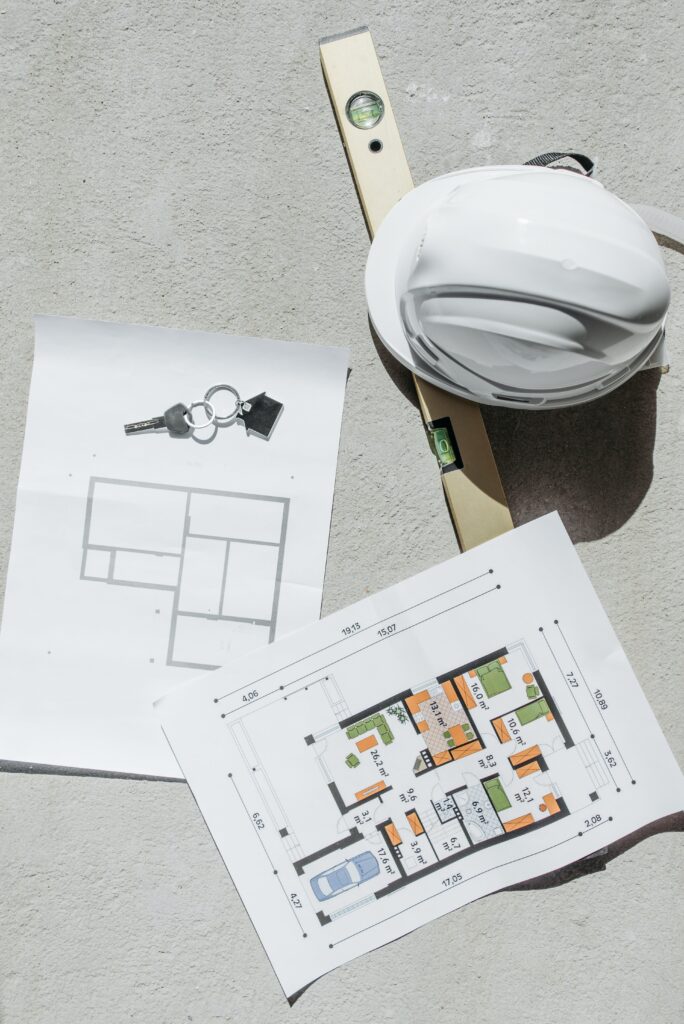How to choose a contractor
So it’s decided: this year, you’re doing renovations. You’ve browsed magazines and online looking for colour and style inspiration, your project is taking shape and you’re ready to jump in at the deep end. Whether you’re redoing your kitchen from the ground up or giving your bathroom a makeover, it’s crucial to choose the right contractor to bring your project to life without a hitch. Here’s how to choose who to confide your renovations in.

Check out qualifications online
First of all, you’ll want to ensure that all certifications are in order. Any legit contractor needs to hold a Régie du bâtiment du Québec (RBQ) license, which you can verify on the RBQ site, then use the number to find other references — and whether or not they have professional liability insurance. Once you know the potential contractors have this safeguard, you should visit the website of the Office de la protection du consommateur to see if there are any monitoring actions, formal notices, permits or exemptions regarding them.

Look into the contractors’ experience
The next step is to check out the different contractors’ references. Social media is a great tool when it comes to finding comments from former clients and any history carrying out projects similar to yours. And don’t hesitate to ask, for any reputed contractor should be ready to supply references on request. Awards and distinctions, which are often handed out by brands, are also great indicators of high-quality work. Miralis, for example, puts on an annual contest to award the best kitchen design in Quebec. In addition to references and awards, you’ll also want to find out two key numbers: the size of the contractor’s business and the number of years’ experience the team has under their belts.

Ensure that you have good communication
Now that you’ve collected the quantitative details, it’s time for the qualitative information. This comes down to trusting your instincts. We can’t emphasize enough the importance of your first contact with a contractor, as it will give you ample clues about how the rest of the relationship will unfold. What’s your first impression? Does the project manager respect their commitments, the appointments they made? Is the contractor easy to reach? Do they take the time to answer your questions? To come and see the place? If they disappoint in one of these areas, consider it a red flag: it likely won’t be the last time. On the other hand, if these first communications go smoothly, you’ll know that it will be easy to communicate with your contractor about any future issues that will no doubt pop up.

Detailed quotes please
Once you’ve completed the pre-selection process, it’s time to ask for quotes. At this step, it’s important to offer consistent information so that you can compare the quotes as they come in. This means setting clear project details on paper and supplying the same information to the different potential contractors. Items you’ll want them to inform you about are their processes, their anticipated schedule and overall duration of work, the guarantees they offer, the materials they’ll use, and the origins of these materials. At Groupe 3R, for example, most of the materials we offer come from Quebec. And it’s essential to be clear about your budget. Not only will this help you assess the different contractors’ services based on the same, comparable figures, but each contractor can adjust their proposal to accomplish your goals. It’s you who best knows your wallet, but it’s their expertise that can help you find the areas where you can save.

Does the contractor really offer a complete, turnkey service?
It’s essential to ask the right questions to determine what’s included in the project and what’s not. For example, is the contractor supplying a complete, dedicated team of workers? Does their electrician or plumber have the necessary licenses? And make sure that it’s clear the contractor is overseeing the entire project and taking responsibility for each step. For example, if you’re hiring a kitchen designer and they refer you to a general contractor to carry out the rest of the work, then they’re not really offering a turnkey service. This means you’ll end up acting as the project manager yourself, with all the responsibilities and risks this entails.

Prepare the contract
Now that you’ve settled on the best contractor for your job, it’s time to draft the contract. You should have a project manager who’s well-versed in the current standards take a look at the plan. All the project details that were determined during your meetings should be clearly laid out so that the contractor can respect them.
The final step is to get out the pen and sign. Congratulations! Now the contractor and their team are ready to bring the project you imagined to life.

